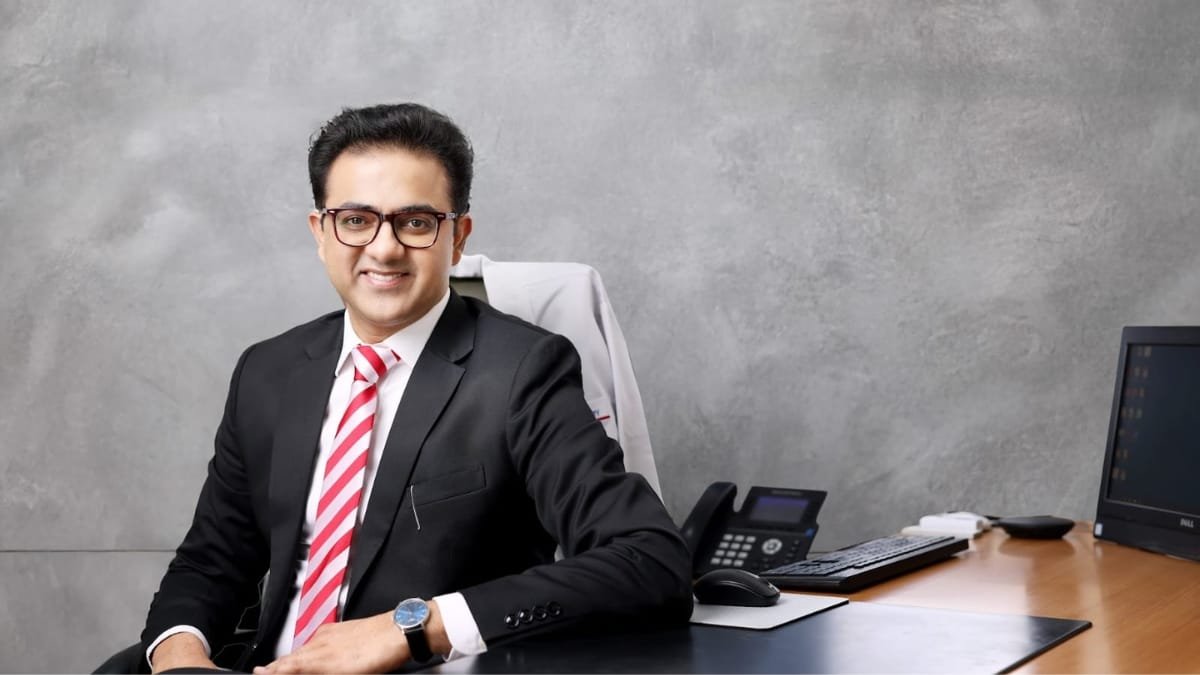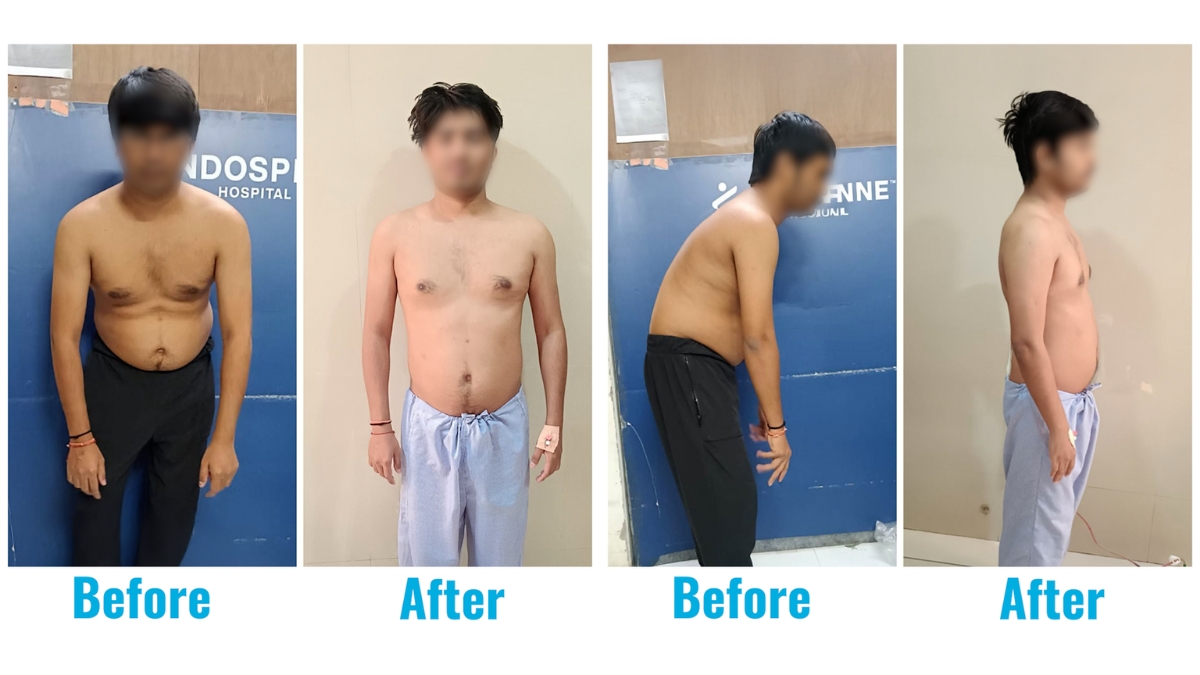
New Delhi [India], January 31: As the world increasingly turns to India for affordable and high-quality medical care, the healthcare sector requires strategic policy interventions in the upcoming Union Budget 2025-26. Dr. Aashish Chaudhry, Managing Director at Aakash Healthcare, presents a compelling vision for transforming India into a global healthcare hub while ensuring equitable access for its citizens. His recommendations emphasise infrastructural enhancement, policy streamlining, and holistic patient experiences to fortify India’s leadership in medical tourism and healthcare delivery.
1. Positioning India as the Global Healthcare Hub
India has emerged as a trusted healthcare destination, catering to patients from developed and developing nations alike. To consolidate this position, the government must adopt a multifaceted approach:
- Infrastructure Development: Increased budget allocation for healthcare infrastructure, particularly in Tier-II and Tier-III cities, to decentralize access to quality medical care.
- Research and Development: Enhanced funding for medical research, AI-driven diagnostics, and MedTech innovations to maintain India’s competitive edge.
- International Accreditation: Facilitating NABH and JCI accreditation for hospitals to meet global healthcare standards and instil confidence among international patients.
2. Streamlining Medical Visa Processes
The complexity of India’s medical visa system often deters patients seeking treatment. Dr. Chaudhry suggests policy refinements to make the process seamless:
- Expedited Visa Approvals: Introducing a ‘Fast-Track Medical Visa’ category with a turnaround time of 48-72 hours.
- Digital Integration: A centralised portal linking hospitals, embassies, and immigration authorities to ensure swift processing and verification.
- Companion-Friendly Policies: Simplified procedures for accompanying family members, reducing bureaucratic bottlenecks.
3. Enhancing Financial Accessibility for International Patients
Medical tourism is hindered by financial transaction barriers. Dr. Chaudhry advocates for:
- Efficient Money Transfer Mechanisms: Establishing dedicated foreign exchange counters and digital payment gateways within hospitals for hassle-free transactions.
- Tax Incentives for International Patients: GST exemptions on healthcare services availed by foreign nationals, boosting India’s attractiveness as a medical tourism destination.
- Medical Insurance Collaborations: Encouraging partnerships between Indian hospitals and global insurance providers to facilitate cashless treatments.
4. Creating a Unified Digital Healthcare Platform
A national healthcare portal can revolutionise the accessibility of medical services for both domestic and international patients:
- Doctor-Patient Connectivity: A government-backed digital platform where global patients can consult Indian doctors for both pre- and post-treatment procedures.
- Treatment Coordination: Integration of hospital networks for seamless referrals and multi-specialty collaborations.
- Real-Time Health Records: Blockchain-enabled electronic health records (EHRs) for secure and efficient data exchange.
5. Promoting India’s Heritage Alongside Medical Tourism
Beyond medical treatment, international patients seek holistic wellness experiences. India’s cultural and spiritual heritage can be seamlessly integrated into their journey:
- Medical and Heritage Tourism Packages: Collaborations between the Ministries of Health and Tourism to promote wellness retreats, Ayurvedic therapies, and historic site visits.
- Cultural Orientation Programs: Providing international patients with curated experiences to enrich their stay while promoting India’s soft power.
6. Addressing Vitamin D Deficiency
With one in five Indians suffering from Vitamin D deficiency, a national program—”Vitamin D Kuposhan Mukt Bharat”—should be introduced under the Union Budget. Key initiatives should include:
- Strengthening existing government programs to subsidise Vitamin D testing and treatment.
- Utilising ongoing research such as ICMR-NIN’s ‘Diet and Biomarkers Survey (DABS-I)’ to develop targeted interventions.
- Implementing fortification policies similar to global models, such as Jordan’s national wheat flour fortification programme.
- Educating the public on Vitamin D’s role in preventing osteoporosis, rickets, and musculoskeletal disorders.
- Enhancing workforce productivity by mitigating the economic losses caused by deficiency-related absenteeism.
visit: https://youtu.be/RmREocAgQm4
Disclaimer: Views expressed above are the author’s own and do not reflect the publication’s views.



